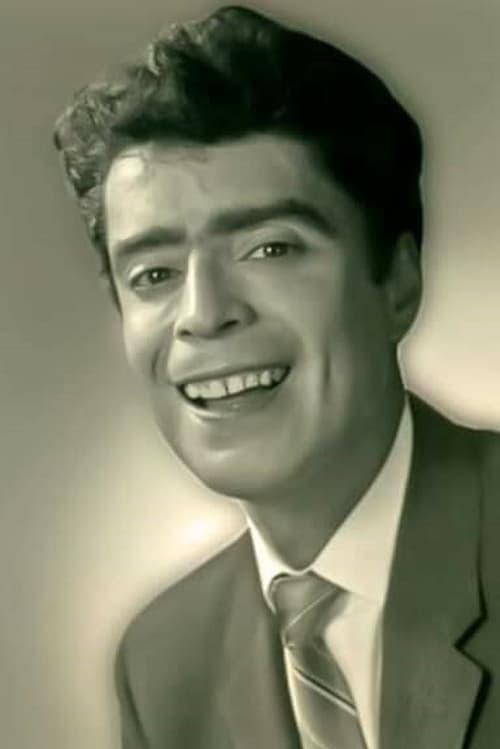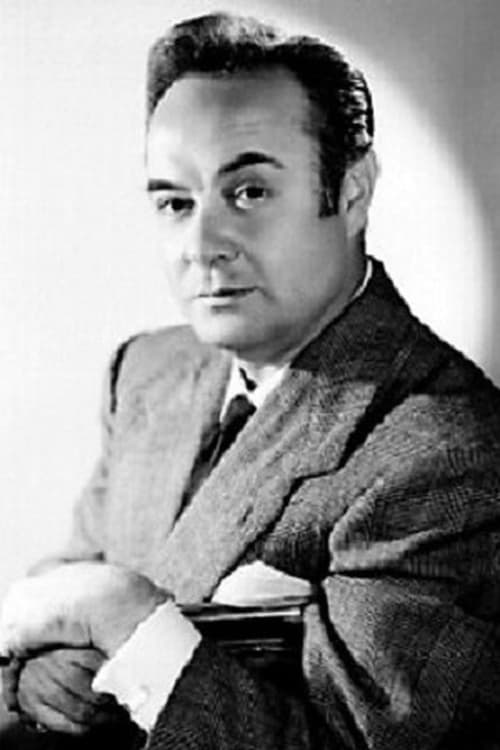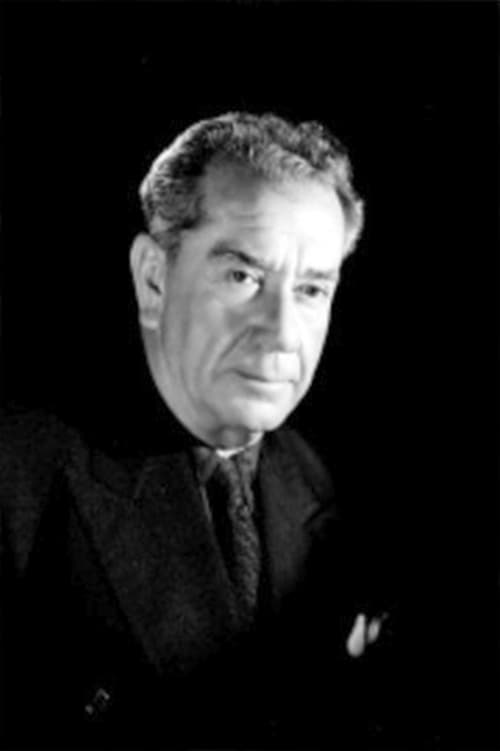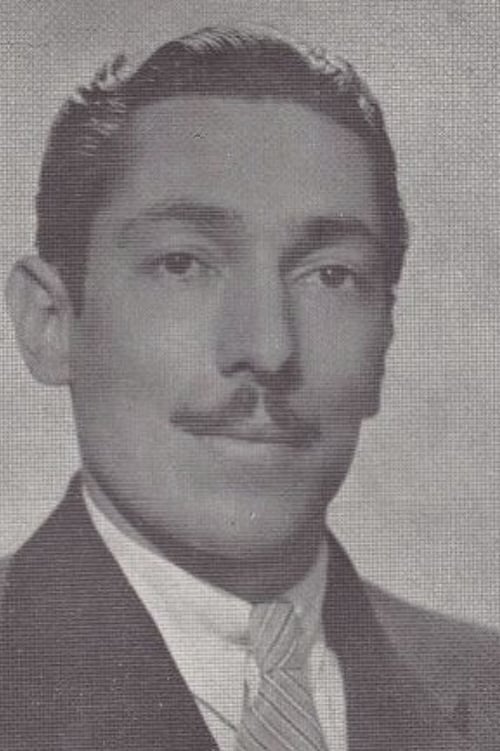They Say I'm a Communist (1951)
ジャンル : ドラマ, コメディ, 犯罪
上映時間 : 2時間 0分
演出 : Alejandro Galindo
シノプシス
A worker overwhelmed by the economic crisis and the cost of living is accidentally propaganda of a political party, apparently from left, who convinces him to join their ranks and defending the working class. After entering through a ritual as mysterious as typical, you will realize demagoguery and arrangements existing between union leaders to maintain the status quo unchanged and profit from mafia practices.
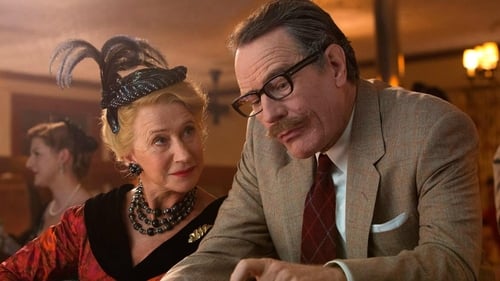
第2次世界大戦後、ハリウッドを席巻した赤狩りの犠牲となった映画脚本家、ダルトン・トランボの実話に基づく社会派ドラマ。赤狩りで投獄されキャリアを断たれても信念を貫いた脚本家を、ブライアン・クランストンが熱演する。

After his rich father refuses to pay his debt, compulsive gambler Lawrence Bourne III joins the Peace Corps to evade angry creditors. In Thailand, he is assigned to build a bridge for the local villagers with the help of American-As-Apple-Pie WSU Grad Tom Tuttle and the beautiful and down-to earth Beth Wexler. What they don't realize is that the bridge is coveted by the U.S. Army, a local Communist force, and a powerful drug lord. Together with the help of At Toon, the only English speaking native, they must fight off the three opposing forces and find out what is right for the villagers, as well as themselves.

A drama focused on Norwegian society in the 1970s, an era politically influenced by Marxism and Leninism.
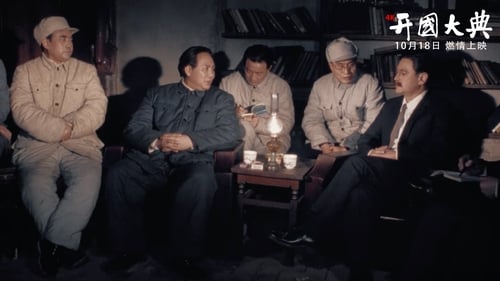
In the spring and summer of 1949, the People's Liberation Army launched an offensive under the orders of Mao Zedong and Zhu De, they crossed the Yangtze River and Nanjing was liberated on April 23 which signaled the fall of the KMT regime, Chiang Kai-Shek fled to Taiwan; on October 1, 1949, Mao Zedong standing on the rostrum of Tiananmen, solemnly declared the foundation of the People's Republic of China.

A joint fight of Macedonian and Greek people against the fascist monarchical government of Greece ended with their defeat in 1949, after many years of bloodshed. Many members of the democratic party DAG, as well as the innocent inhabitants experienced the destiny of political exile.
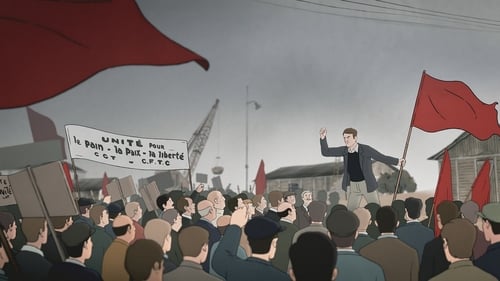
Brest, 1950. The war ended five years ago and nothing remains of the city. Massive bombings and intense fighting lasting more than a month turned the city, its docks, its arsenal, into ashes. Thousands of workers will build it up again, brick by brick. But with awful work conditions protests quickly arise and a strike begins. Violent confrontations happen during manifestations. Until one man falls. The next day René Vautier lands at Brest clandestinely to make a movie about the movement.
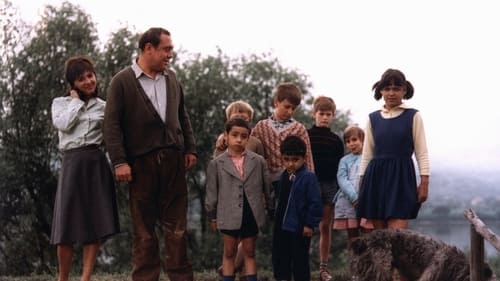
Hungary, 1950s. József Pelikán, who works as a dam keeper on the Danube, meets by chance Zoltán Dániel, an old friend whom he saved from death years before and who is now a powerful politician.

It's 1980. Malin is fatherless, angry, and in trouble. At 20, he's spent a year in jail for assaulting a lover of Lily, his mother. In her desk he finds a soldier's photograph and assumes he's found his father. He confronts the man, now a teacher, and gets nowhere. At home again, he mocks his mother. Finally, she tells him her grim story, from the year before his birth. We see a people's court, where Lily's parents seek justice for their grandchild to be. We follow Lily to a prison camp, to the city where she's told to inform on the only person who's been kind, to an asylum, and finally to her current poverty and loneliness. How will Malin respond to these revelations?

The true history of the anti-government extremist terrorist group's century of violence. Focusing on the group which has caused nationwide rioting and violence, The film – which undermines the mainstream media’s depiction of the group as “just an idea” – has already been censored by YouTube and Vimeo.

Silent Gunpowder (Serbo-Croatian: Gluvi barut) is a Yugoslavian war film Based on a novel by Branko Ćopić and set during World War II, the film tells the story of a Serbian village in the mountains of Bosnia and its villagers who found themselves divided along two opposing ideological lines, represented by the Chetniks and the Partisans. These two opposing sides are personified in the Partisan commander Španac and a former Royal Army officer Radekić. Španac sees Radekić as the cause of villagers' resistance to the new, Communist, ideology and so the main plot axis is the conflict between them. At the 1990 Pula Film Festival, the film won the Big Golden Arena for Best Film, as well as the awards for Best Actor in a Leading Role (Branislav Lečić), Best Film Score (Goran Bregović). The film was also shown at the 1991 Moscow International Film Festival, where both Branislav Lečić and Mustafa Nadarević won the Silver St. George Award for their performances.

1950年。第二次世界大戦の終結による満州国の崩壊と国共内戦の終結により、共産主義国である中華人民共和国の一都市となったハルビン駅の構内。5年間にわたるソビエト連邦での抑留を解かれ、中華人民共和国に送還された「戦犯」達がごった返す中で、列から外れた1人の男が洗面所で自殺を試みる。男は監視人の手により一命を取り留めるものの、薄れ行く意識の中で幼い日々の頃を思い出していた。この男こそ清朝最後の皇帝にして満州国の皇帝、「ラスト・エンペラー」と呼ばれた愛新覚羅溥儀その人であった。
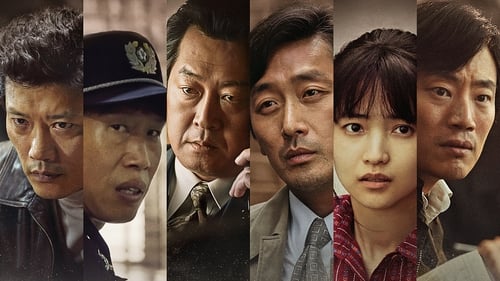
1987年1月、全斗煥大統領による軍事政権下の韓国。南営洞警察のパク所長は北分子を徹底的に排除するべく、取り調べを日ごとに激化させていた。そんな中、行き過ぎた取り調べによってソウル大学の学生が死亡してしまう。警察は隠蔽のため遺体の火葬を申請するが、違和感を抱いたチェ検事は検死解剖を命じ、拷問致死だったことが判明。さらに、政府が取り調べ担当刑事2人の逮捕だけで事件を終わらせようとしていることに気づいた新聞記者や刑務所看守らは、真実を公表するべく奔走する。また、殺された大学生の仲間たちも立ち上がり、事態は韓国全土を巻き込む民主化闘争へと展開していく。<1987年1月14日の学生運動家朴鍾哲拷問致死事件から6月民主抗争に至る大韓民国の民主化闘争を描いた韓国映画>
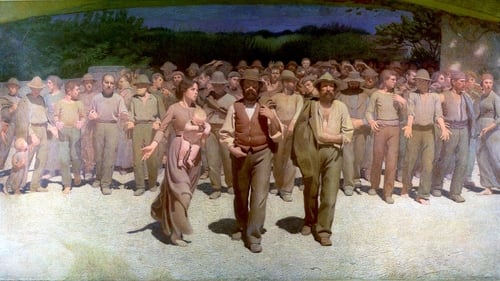
The epic tale of a class struggle in twentieth century Italy, as seen through the eyes of two childhood friends on opposing sides.
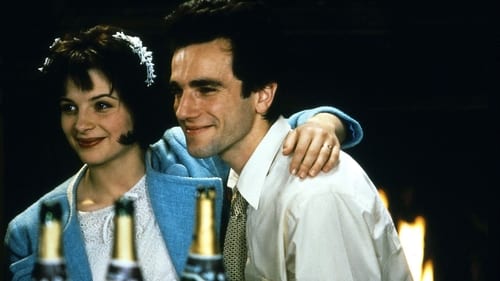
「ライトスタッフ」で一躍有名になったP・カウフマンが68年のチェコ動乱、いわゆる“プラハの春”を題材にして描いた超大作。若者の間に芽生えた民主化要求の波がソ連軍の軍事介入で圧殺されていく中、プレイボーイの医師と二人の女の青春が鮮烈に描かれる。古いニュース・フィルムと本編の画調を完璧に合わせるという離れ技を、ベルイマン作品で鳴らした名カメラマン、スヴェン・ニクヴィストが見事にやってのけている。
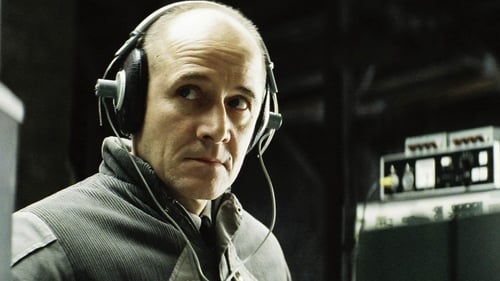
シュタージ(国家保安省)の局員ヴィースラー(ウルリッヒ・ミューエ)は、劇作家のドライマン(セバスチャン・コッホ)と恋人で舞台女優のクリスタ(マルティナ・ゲデック)が反体制的であるという証拠をつかむよう命じられる。ヴィースラーは盗聴器を通して彼らの監視を始めるが、自由な思想を持つ彼らに次第に魅せられ……。

In the spring of 1945 the war is still going on, but in Bulgaria the communists have already seized the power. The new rulers do justice according to their personal interests. This is the beginning of the era of Communism in Bulgaria - spiritual poverty, expropriation, destroying of the intelligentsia. In this chaos the main character, an actress fallen on hard times, wants to preserve her social status with every available means. She claims to be a Communist activist and, in order to gain access to the theater even shows a photo with the Bulgarian communist revolutionary Georgi Dimitrov's dog However, in order to survive, she has to resort to betrayal.

Four lucid grandmothers tell their story forgotten by history: the militancy and resistance of the young women of the leftist youth against the dictatorship of Marcos Pérez Jiménez.

Portugal, 1944. In a country oppressed by a brutal dictatorship, there are those who resist and mobilize the people to fight for bread and freedom, even if it cost them prison, torture or their lives.

Idealistic young man supports the party and the new Yugoslavia's communist regime, but soon gets involved in various political and criminal machinations becoming more and more confused about what's right and what's wrong.

